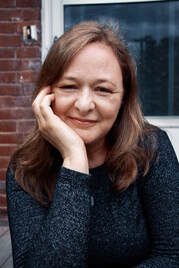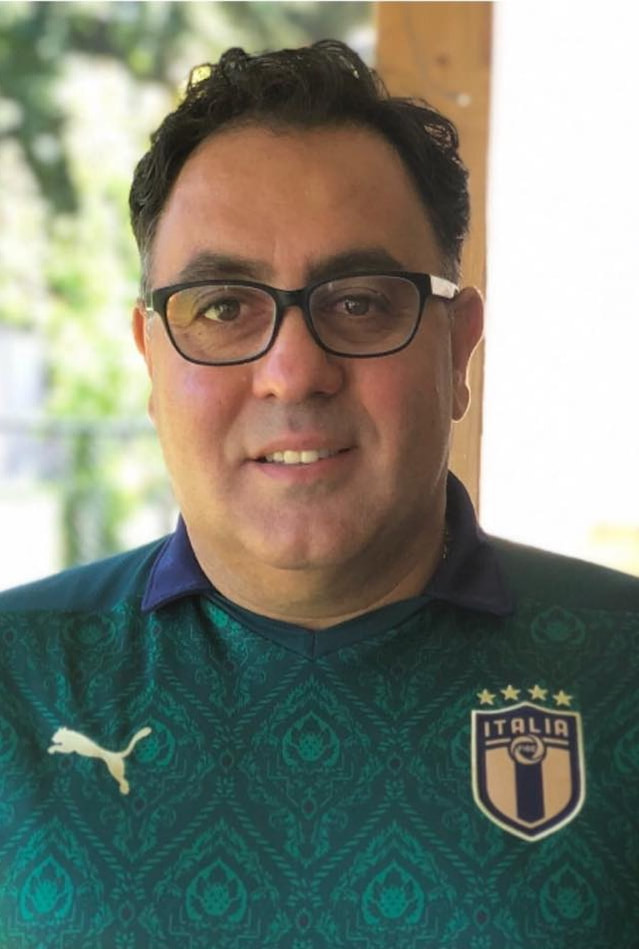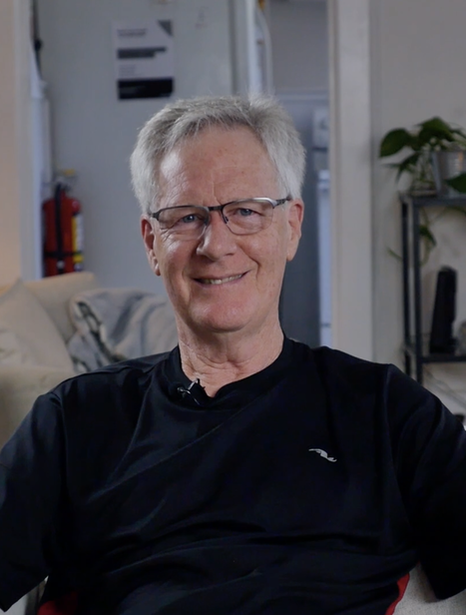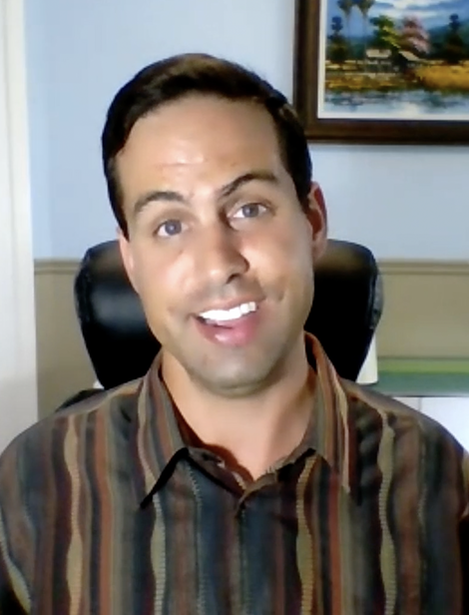Jeff & Jayleen CHarlotWe have created beliefs about money and, fortunately or unfortunately, they have shaped our circumstances. We hold the capacity, with the help of the Holy Spirit, to bring healing into our financial soul and all its avenues. But it’s just not focused on spending; it goes even deeper than that – saving, investing, giving, recreation, planning, and especially our experience with God’s generosity. In the book, Hicks writes on how to change our beliefs and goes deeper into some of these topics. Just a couple things that impacted us in the book were discussions of receiving, gratitude, generosity, forgiveness, and being a cheerful giver. Hicks writes that our difficulty with receiving is an outcome of our fallen state, right from Adam & Eve. We truly believe that we not worthy of good things. Both Jeff and I being givers, receiving was always a difficult task. With the help of God and through loving each other, we have learned that it goes so much deeper.
Walking in thankfulness goes beyond restoration to a transformation from within. Something Hicks says about this really is a truth bomb: he shares that until we have gratitude in our heart, we cannot respect what we possess, cannot cultivate what we have, cannot share our best, cannot have confidence, and cannot be ready for more. Gratitude is so much more than just saying thank you: it’s a posture of the heart. In the book, he gave this really cool analogy on forgiveness. Thinking of your financial distress as a wall. The door is love and the key to open that door is forgiveness, the kind of forgiveness that unfolds into grace, resilience, new life, and even gratitude. Forgiving each other and ourselves while moving forward after learning how to budget as a married couple was freeing. As we had love in our hearts towards each other, there was a wall that tumbled down: financial uncertainty. Looking back over this past year, we can say that we have come far with trusting ourselves with money. Another thing that Hicks does throughout the book that we love is give practical activations and powerful declarations. We haven’t had a chance to do this yet, but we are excited to see what it will come from it and are curious about how we would feel. For example, if you have a large amount of money in your wallet ($200) for a certain amount of time (one week) and you are to be aware of its presence, but don't spend it. How does it feel just having it there? God originally intended for us to work out of the “knowledge of good” and the generosity He has let us experience. He will make us rich in every way so that we can be generous on every occasion. But it's not God’s goal to make us rich, it's for us to be generous. God loves a cheerful giver. Hicks wrote in the book that “cheerful” means something like this, "to sparkle cheerfully, like sunshine reflecting on a flowing river of prosperity." Being a cheerful giver is supposed to feel like that and even more. We would say that the best quote of the book was: “The more willingness you invest, the more generous and expansive your outlook and feelings, the more you will notice, experience and even attract God’s willingness, generosity, and expansiveness. This is about you choosing your emotional state: specifically, thankfulness, celebration and joy. Rather than depending on other people, or circumstances, to shift in order to accommodate you and provide you with joy, you choose joy. Why wait for the rest of the world to get around to giving it to you?”
1 Comment
2/8/2021 2 Comments Stewarding your financesRichard PaulHello, my name is Richard Paul, and I am the founder of RJP Bookkeeping Services which is based out of Stayner, Ontario. RJP Bookkeeping Services focuses on personal tax return preparation and on small to mid-sized businesses, providing them with both bookkeeping and corporate tax planning.
I was born at old RVH in Barrie in 1983, and was raised in Stayner as the eighth generation in my family to live in this area. The funny thing is, I don’t recall why I ever chose accounting. My favourite TV show was Dallas, which I found fascinating purely from a business point of view. Honestly, I didn’t care for the drama in the story line! It was then that I decided I wanted to become a businessman. When I was 15, I was diagnosed with a neuro-muscular disease called Chariot-Marie-Tooth, which affects my hands and feet. I had surgery on my feet in grade 11 and that laid me up for six weeks. During that time, it was tax season and my parent’s tax preparer had just retired. I was bored so my parents told me give it a shot and do their taxes. I found I really liked doing taxes and soon found myself doing them for the rest of my family and then later, family friends. I excelled in business studies during High School, and even won an award for entrepreneurship. I took that passion to Georgian College and graduated with a Business Accounting diploma. I have worked in a variety of types and sizes of companies since then. I have been running my own business for the last 10 years while continuing to stay up to date on current tax and finance policies and regulations. Now you know a little bit about me! Now, let me share some tips about personal vs. business expenses and how to keep yourself organized in both areas . The number one thing you need to do is keep your money separate. Have separate bank accounts, even if your business money isn’t kept in an account labelled business by the bank. This is a hard thing to do, especially when first starting up. I currently have both personal and business accounts and credit cards. Although I try hard very hard to keep purchases separated, sometimes an order from Staples, for example, is for both personal and business. It’s okay however, because you can still expense a purchase to your business from your personal account. Do your best not to use your business account for personal purchases and vice versa. If there isn’t enough money to cover the cost of the purchase either transfer the money between accounts or don’t make the purchase. This means you need to have a solid business and personal budget, but that’s a whole other conversation! You also need to have a separate filing system for business and personal expenses. Whatever you do, do not use the shoebox method. Use file folders please. It doesn’t have to be fancy, but the sure-fire way to piss off an income tax preparer or bookkeeper is to bring a shoebox into their office. When you are organized from the start, it can save you time, money and lots of aggravation. This is especially true when it comes to required government filings (i.e. HST, Income tax etc.) or if you ever get audited. Here are some tips to always follow:
Finally, if you have any questions, please don’t hesitate to email me at r[email protected] |
Blog Authors Christine oldingClaudia OngoBruno IerulloRichard PaulRob ReidJustin madoniaSteve OngoArchives
August 2023
Categories |







 RSS Feed
RSS Feed